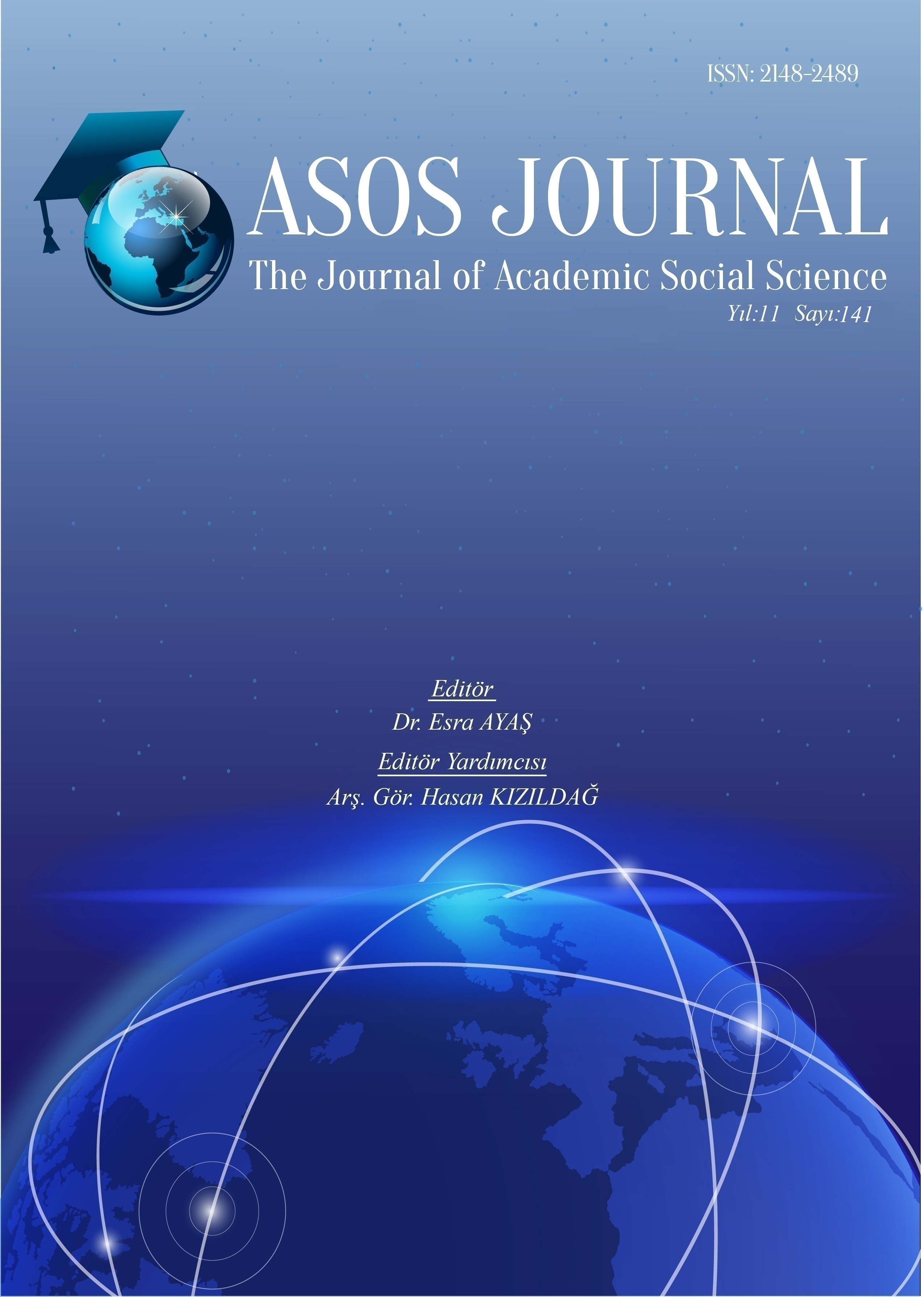Author :
Abstract
Toplumsal hayatın gerçeklerinden biri de geçim sıkıntısıdır. Allah Teâlâ herkesi aynı kabiliyet, zekâ ve yetkinlikte yaratmadığı gibi bu yetilere sahip her insan da aynı imkânlara sahip olamamaktadır. Bundan dolayı toplum içerisinde farklı gelir düzeyine sahip insanlar bir arada yaşamaktadır. Kimi toplumda bu yapı çok homojen olsa da kimisinde oldukça katı bir tutum sergilenmektedir. Genel itibariyle üst, orta ve alt olmak üzere üç tabakadan bahsedebiliriz. İsimler ve sistemler değişkenlik gösterse de üst kesim zengin ve ayrıcalıklı, alt kesim ise genellikle işçi ve fakir insanlardan oluşmaktadır. Orta kesim ise bu iki sınıf arasındaki iletişimi, aktarımı sağlayan, gelir düzeyi olarak da fakir sayılamayacak düzeyde yaşamını sürdüren kişilerden oluşmaktadır. Bu çalışmanın maksadı ise söz konusu orta kesimin oluşmasını sağlayan, toplumlarda istikrarlı ve doğru olarak uygulanması halinde refah düzeyini artıracak zekât uygulamasını ibadet, sosyal ve iktisadî yönden incelemektir. Zira zekât, malî yönü ağır basan bir ibadettir. Çünkü zekâtın muhatabı bizzat zenginlerdir. Zengin insanlar, mallarından fakirin payını belli başlı oranlarda hesaplayarak sarf edilecek gruplardan herhangi birine aktarmakla mükelleftir. Dünya üzerinde her zenginin bu fiili uygulaması, yoksulluk kavramının ortadan kalkmasını sağlayacaktır. İçerisinde bulunduğumuz enflasyon, kriz döneminde zenginlerin zekâtlarını vermesi ile alt kesim ekonomiye dâhil olabilecek ve piyasada canlanma vuku bulacaktır. Böylelikle arz ve talepteki denge, fiyatların azalmasını, alım gücünün artmasını sağlayacaktır.
Keywords
Abstract
One of the realities of social life is the lack of livelihood. Just as Allah did not create everyone with the same abilities, intelligence and competence, not every person with these abilities has the same opportunities. Therefore, people with different income levels live together in the society. Although this structure is very homogeneous in some societies, in others a rather strict attitude is displayed. In general, we can talk about three layers: upper, middle and lower. Although the names and systems vary, the upper class is rich and privileged, while the lower segment is generally made up of workers and poor people. The middle section consists of people who provide communication and transfer between these two classes and live at a level that cannot be considered poor in terms of income. The purpose of this study is to examine the practice of zakat, which provides the formation of the aforementioned middle class, and which, if applied consistently and correctly, will increase the welfare level in societies, in terms of worship, social and economic aspects. For, zakat is an act of worship whose financial aspect predominates. Because the recipient of zakat is the rich themselves. Rich people are obliged to calculate the poor's share of their goods in certain proportions and transfer them to any of the groups to be spent. This actual practice of every rich person in the world will make the concept of poverty disappear. With the inflation we are in, the rich people giving their zakat during the crisis period, the lower segment will be included in the economy and the market will revive. Thus, the balance in supply and demand will reduce prices and increase purchasing power.





